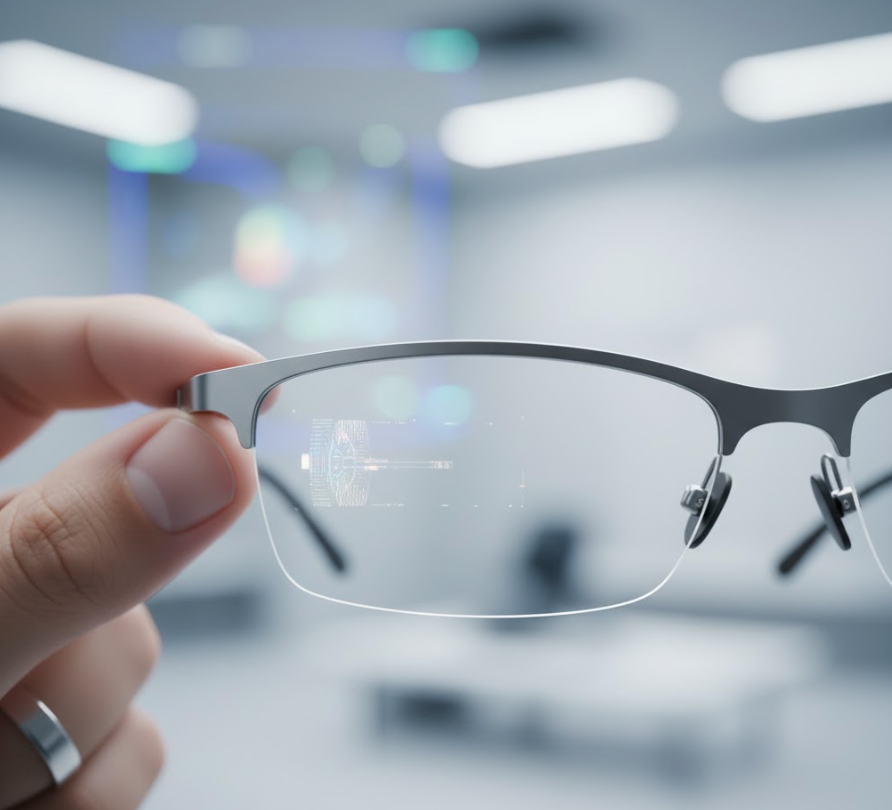DENSO has announced the development of three new electrification components designed to significantly improve the energy efficiency, dynamic performance, and charging speed of Electric Vehicles (EVs). These innovative products are being supplied for the new eAxle system equipped in the Toyota new model bZ4X. This strategic move underscores DENSO's commitment to advancing core EV technologies.
The primary goal of these new components is to extend the vehicle's cruising range, enhance driving performance, and maximize cabin space by achieving smaller footprints. This was accomplished while simultaneously suppressing power loss, controlling heat generation, and ensuring robust handling of high currents.
The three core products are:
-
New Inverter: This component is crucial for converting direct current (DC) from the battery into alternating current (AC) to drive the motor. The new design focuses on miniaturization while drastically reducing internal power loss and heat generation. This efficiency gain directly contributes to better mileage and dynamic response, which is essential for the performance of the eAxle system.
-
Battery Cell Monitoring Circuit (BMC): The BMC is an essential safety and management component. It is responsible for continuously monitoring the voltage, temperature, and current of individual battery cells. By providing accurate, real-time data on the battery's state, it helps optimize charging and discharging cycles, contributing to shorter charging times and ensuring battery health over the vehicle's lifespan.
-
Shunt Current Sensor: This high-precision sensor works in tandem with the BMC. Unlike traditional methods, a shunt current sensor measures the current flowing into and out of the battery pack with high accuracy and speed. This capability is vital for the precise management of large currents, which is necessary for high-speed charging and maximizing power delivery during acceleration.



